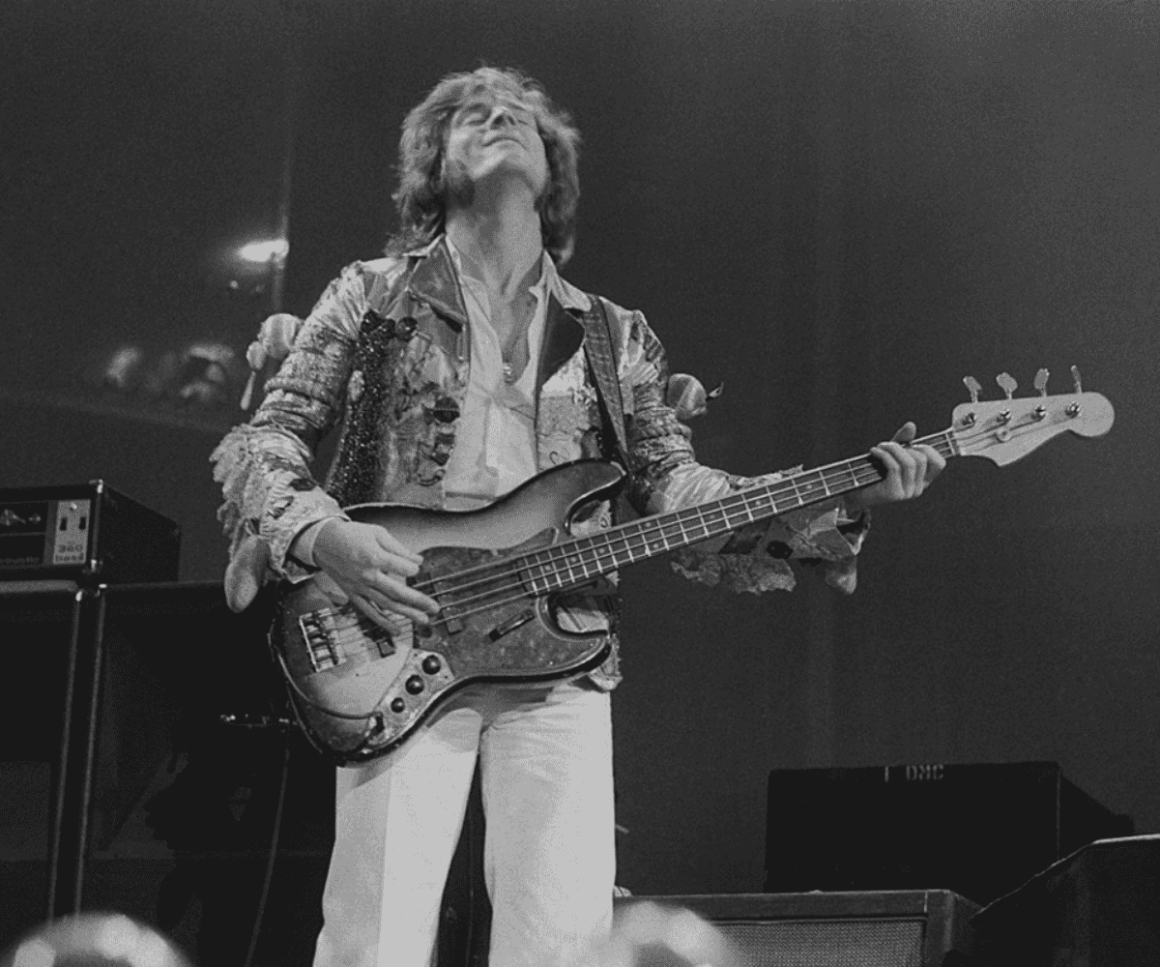Led Zeppelin’s John Paul Jones has a unique perspective when it comes to recognizing great bass players. While the idea of a “perfect” musician varies, few are as qualified as Jones to share their opinion on bass guitar mastery.
Despite the long list of renowned bass players like James Jamerson, Jack Bruce, Bootsy Collins, Flea, and Les Claypool, Jones often doesn’t receive the same recognition, though his contributions were essential to Led Zeppelin’s groundbreaking sound.
As rock music evolved from the 1950s onward, these bass icons pushed the instrument’s limits, creating a treasure trove of unforgettable music. However, Jones is frequently overshadowed by his bandmates, John Bonham, Robert Plant, and Jimmy Page—giants in their own right. But it was Jones’ precision and creativity that made Zeppelin’s music seamless.
Before joining Led Zeppelin, Jones honed his skills as a session musician, working with artists like Donovan, The Rolling Stones, Lulu, Dusty Springfield, and Cat Stevens. His experience helped him master the studio and elevate every project he touched. In 1968, Jones teamed up with Page to form The New Yardbirds, which soon evolved into Led Zeppelin. By the 1970s, they had surpassed The Beatles as the world’s biggest rock band.
Though Led Zeppelin broke new ground in rock, they held deep admiration for The Beatles. In a 1970 interview with NME, Jones named his favorite bassists, praising jazz legends like Ray Brown and Charles Mingus, as well as the Motown sound that shaped rock bass playing. He then spoke highly of Paul McCartney.
Jones stated, “You can’t get away from [Motown]. Every bass player in every rock group is still doing Motown phrases, whether he wants to admit it or not.” He also mentioned Cream’s Jack Bruce, calling him “very good,” but admitted he wasn’t fond of Bruce’s sound. On McCartney, however, Jones had nothing but praise.
“I think he’s perfect,” Jones said of McCartney. “He’s always been good. Everything he’s done has always been right. Even if he didn’t do too much, it was still just right. He’s improved so much since the early Beatles days, and everything is still right.”
Interestingly, McCartney never set out to be a bassist. He took over the role after Stuart Sutcliffe’s departure from The Beatles, quickly showing a natural ability. Though McCartney grew to appreciate the bass, he admitted in 2007, “Nobody wants to play bass, or nobody did in those days.”
While McCartney is often hailed as a songwriting genius, he is sometimes left out of discussions about the greatest bassists. Despite not being a technical virtuoso, McCartney’s simple, melodic approach—much like Ringo Starr’s drumming—was vital to The Beatles’ success, proving that less can sometimes be more.







